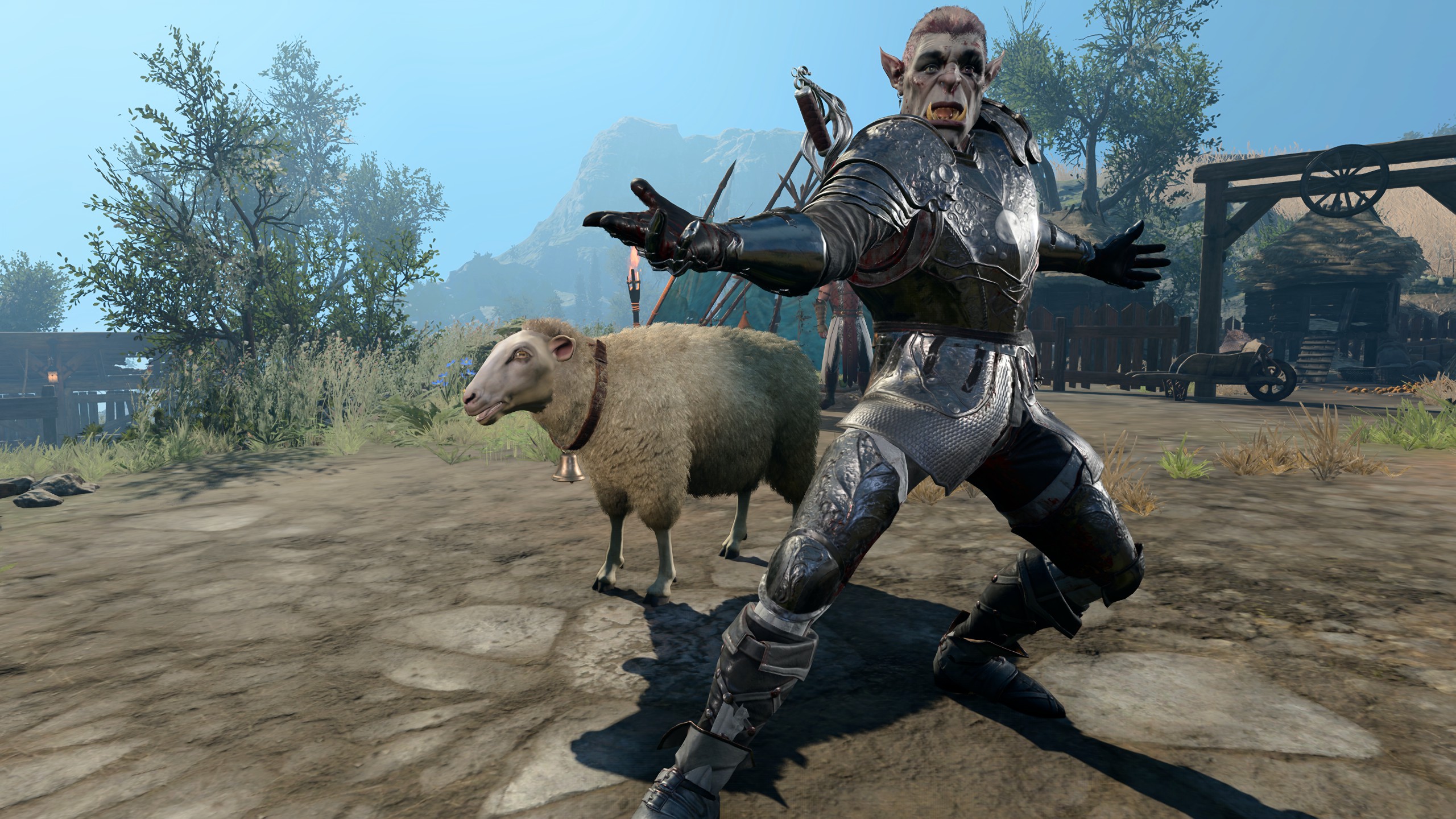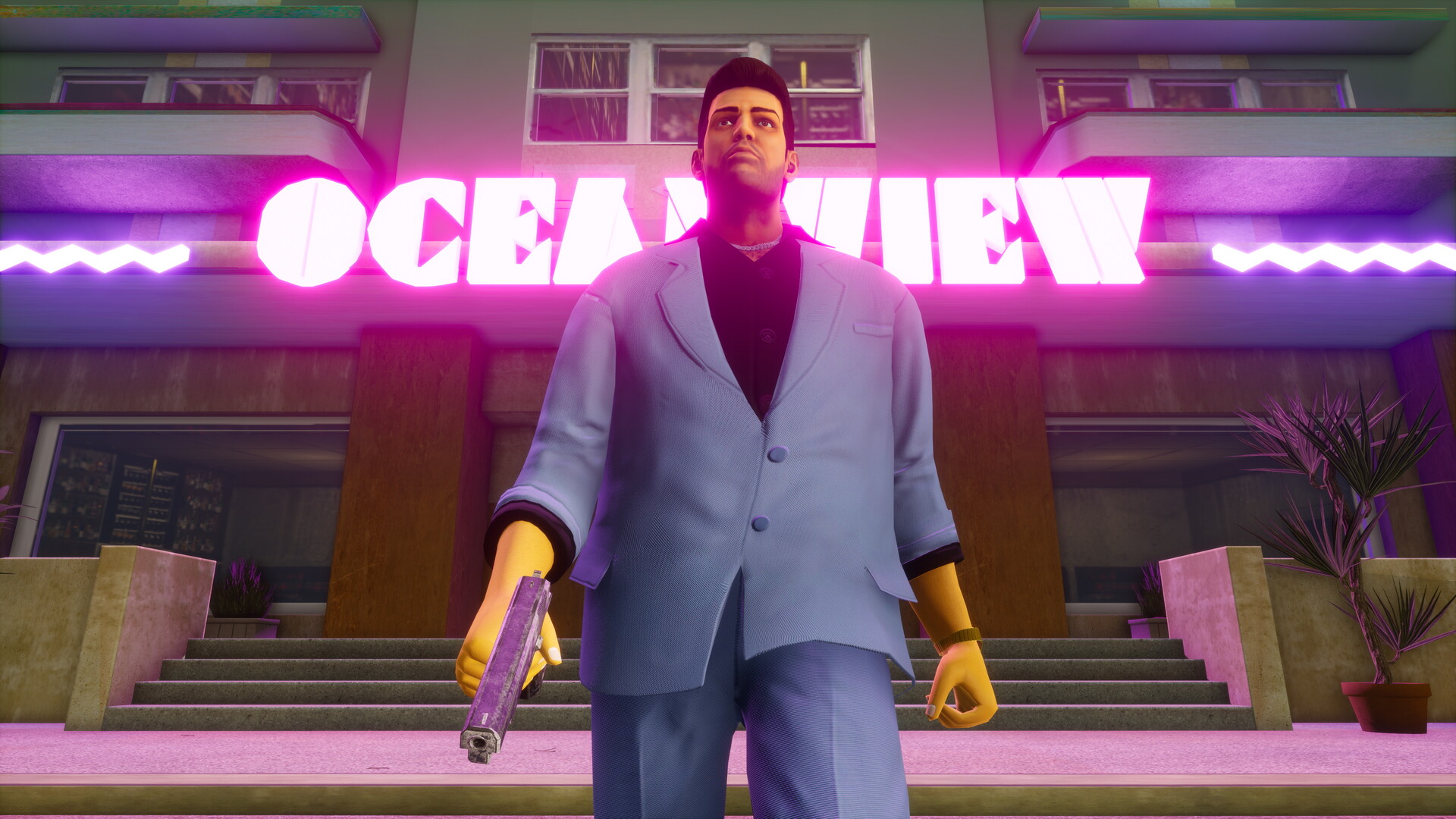
It Ends with Us Review
Like it or not, Colleen Hoover has taken the publishing world by storm, and it was only a matter of time before one of her sweeping romances got the big-screen treatment. It stands to reason that her most (in)famous book, It Ends with Us, would be first in line. The filmmakers behind the project, led by director Justin Baldoni, had a lot to prove: Depending on what corner of the internet you’re on, the tale of smooth-talking redhead and aspiring florist Lily Bloom (played in the movie by Blake Lively) is either a beautiful tear-jerker or a clunky, abuse-glorifying work of cringe. But thanks to slick screenwriting, stylish art direction, and a sparkling lead performance from Lively, the film tackles difficult subject matter with maturity, tenderness, and just a dash of whimsy.
In the pages of Hoover’s book, it’s hard to understand what makes Lily so special and different, but on screen, Lively’s presence is undeniable. Decked out in Carhartt jumpsuits and chunky rings, the former Gossip Girl star and recent Lady Deadpool brings Lily to full-glam life without making her seem untouchable. And she works so well with Baldoni, who pulls double duty here as director and one of Lively’s love interests: the beguiling neurosurgeon Ryle Kincaid, whose violent, jealous nature causes Lily to flash back to her own troubled upbringing. Baldoni brings real, complex emotion to Ryle that elevates him from a mere sexy abuser or outright villain to a loveable, pitiable man. He and Lively give It Ends with Us an aura of cool that I wouldn’t associate with Hoover’s bibliography, which generally feels more at home in the Target discount section than it does on the red carpet.
That these characters are relatable, rather than clunky caricatures, is no doubt thanks to Christy Hall (co-creator of I Am Not Okay with This), whose screenplay perfectly walks the line between self-deprecation and fan service. When they meet, Lily and Ryle joke about how ridiculous their names are. At one point, Ryle asks, “When’s the last time you saw someone who looked like me who wasn’t on a daytime soap?” and when he meets Lily’s mother (played by Amy Morton), she has an appropriately over-the-top reaction. This is a movie where a woman named Lily Blossom Bloom opens a flower shop, falls in love with a physician who could be mistaken for a Greek god, and coincidentally hires the doctor’s sister (Jenny Slate) to help open her shop – all while her first love, Atlas (Brandon Sklenar), stumbles back into her life. But it’s a movie that knows it’s doing all of those things, and delights in them.
By changing its perspective from first- to third-person, Hall also sidesteps some of the novel’s more saccharine elements, leaving audiences to focus on the confusing, occasionally heart-wrenching facts at play in Lily’s life. The scenes set in the past are handled excellently – Alex Neustaedter (as young Atlas) and newcomer Isabela Ferrer (as young Lily) are particularly well-cast, with Ferrer mirroring Lively’s mannerisms so well it’s almost eerie.
Of course, this is an adaptation of a book that is, on its own, a bit ridiculous – a fact that can’t be camouflaged by all the solemn Ethel Cain songs on the soundtrack. Should Lily look to Atlas, who corrals her in a bathroom and physically fights Ryle, as a savior from her abuse-riddled life? Is it possible to sustain a small business with just one other employee when you’re constantly caught up in romantic drama? Is Boston really the best city in the world, as these characters constantly claim? Perhaps not. Still, It Ends with Us is a truly admirable translation from page to screen, one as likely to draw in new fans as it is to please die-hards. Go for the fashion, stay for the cast’s delightful chemistry – and if you cry easily, bring tissues.








